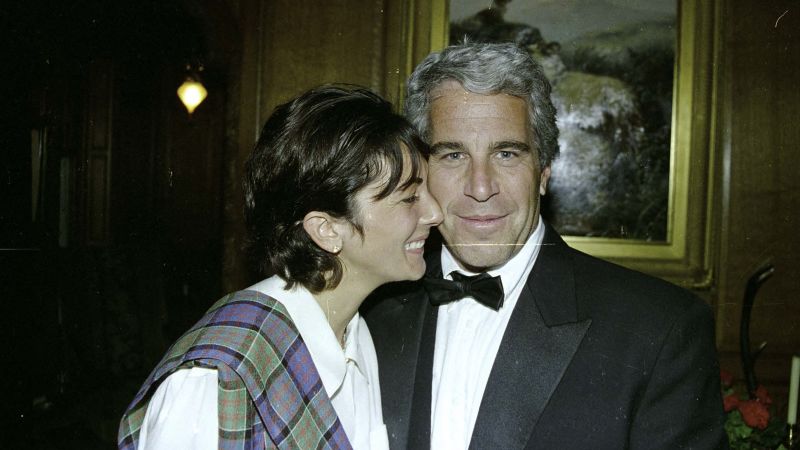In recent years, a segment of the political landscape has been engulfed in allegations and inquiries surrounding the notorious Jeffrey Epstein and the enigmatic circumstances surrounding his criminal enterprise. This scrutiny has largely been fueled by Republicans and MAGA influencers who have portrayed Epstein as a figure at the center of an alleged governmental cover-up, particularly concerning his relationships with various high-profile figures. U.S. officials, many of whom are entrenched in the Trump administration, made grand promises to undertake investigations that would expose any hidden truths regarding Epstein’s associates and their possible complicity.
However, as time has progressed, it appears that the Trump administration has struggled to fulfill these commitments, leading to frustration and disillusionment among both victims of Epstein’s crimes and their advocates. Reports indicate that members of the administration, including Vice President JD Vance, are now attempting to strategize in the face of mounting public skepticism and accusations. The situation is believed to be exacerbated by a rising chorus of voices from Epstein’s victims, who are eager to shed light on what they suspect to be a concerted effort to cover up wrongdoing.
While it must be noted that former President Donald Trump has not been charged with any crimes linked to Epstein, the conversations surrounding the administration’s management of Epstein-related matters have become increasingly contentious. Victims and their representatives have raised eyebrows over the preferential treatment shown to Ghislaine Maxwell, a convicted accomplice of Epstein. Concerns have also been voiced regarding the lack of transparency and the inadequate response from the administration towards the victims, leading some to directly label the situation a “cover-up.”
Epstein’s victims have long felt marginalized by the justice system, particularly regarding a non-prosecution agreement that Epstein reached in 2007 which has drawn heightened scrutiny. In recent months, attention has shifted specifically towards the Trump administration, with voices resonating that holding the government accountable is essential for healing and justice.
Among those raising questions is Virginia Giuffre, one of Epstein’s most prominent accusers, whose family has pointed to Trump’s recent admissions about knowing Giuffre, suggesting he must have had awareness of Epstein’s criminal activities. Tragically, Giuffre passed away earlier this year, but her family’s desire for accountability remains strong.
Furthermore, there are unsettling developments about Maxwell’s recent transfer to a lower-security facility, raising red flags and sparking accusations of preferential treatment connected to her ties to powerful individuals, including Trump. Critics of this decision demand better treatment for the victims, asserting that the move indicates possible collusion or a reluctance to confront uncomfortable truths. Legal experts and advocates have echoed similar sentiments, expressing disbelief that they were not made aware of Maxwell’s transfer and asserting that it seems to serve ulterior motives.
In letters submitted during legal proceedings to unseal grand jury testimonies, additional victims have vocalized their apprehensions regarding the redacting of names from the Epstein files. Many believe that this indicates a deliberate effort by authorities to protect influential people. The sentiments that the Department of Justice (DOJ) is prioritizing the protection of affluent individuals rather than serving justice add an air of distrust towards the government’s intentions.
As more victims of Epstein continue to share their stories, the claims about a possible cover-up grow louder. Public opinion reflects a dismal view of the government’s transparency on the issue. Polls suggest a majority of Americans believe there is indeed a systematic effort to obscure the identities of Epstein’s clients and other sordid details of his dealings. High-profile allegations and anecdotes that point towards a potential cover-up have resurfaced, emphasizing the urgency for investigations that could shed light upon the truth and hold the complicit accountable.
In conclusion, the complex narrative surrounding the Jeffrey Epstein saga continues to evolve, especially concerning the Trump administration’s role in addressing the crimes committed. The growing call from victims and the public for transparency and accountability adds weight to the theory that there may be more beneath the surface. As the administration’s struggle to respond to these allegations becomes clear, it becomes increasingly difficult for figures like Trump to dismiss claims of a cover-up as baseless. The path forward requires addressing these issues with authenticity and empathy for those affected, as the wider implications resonate throughout society.










